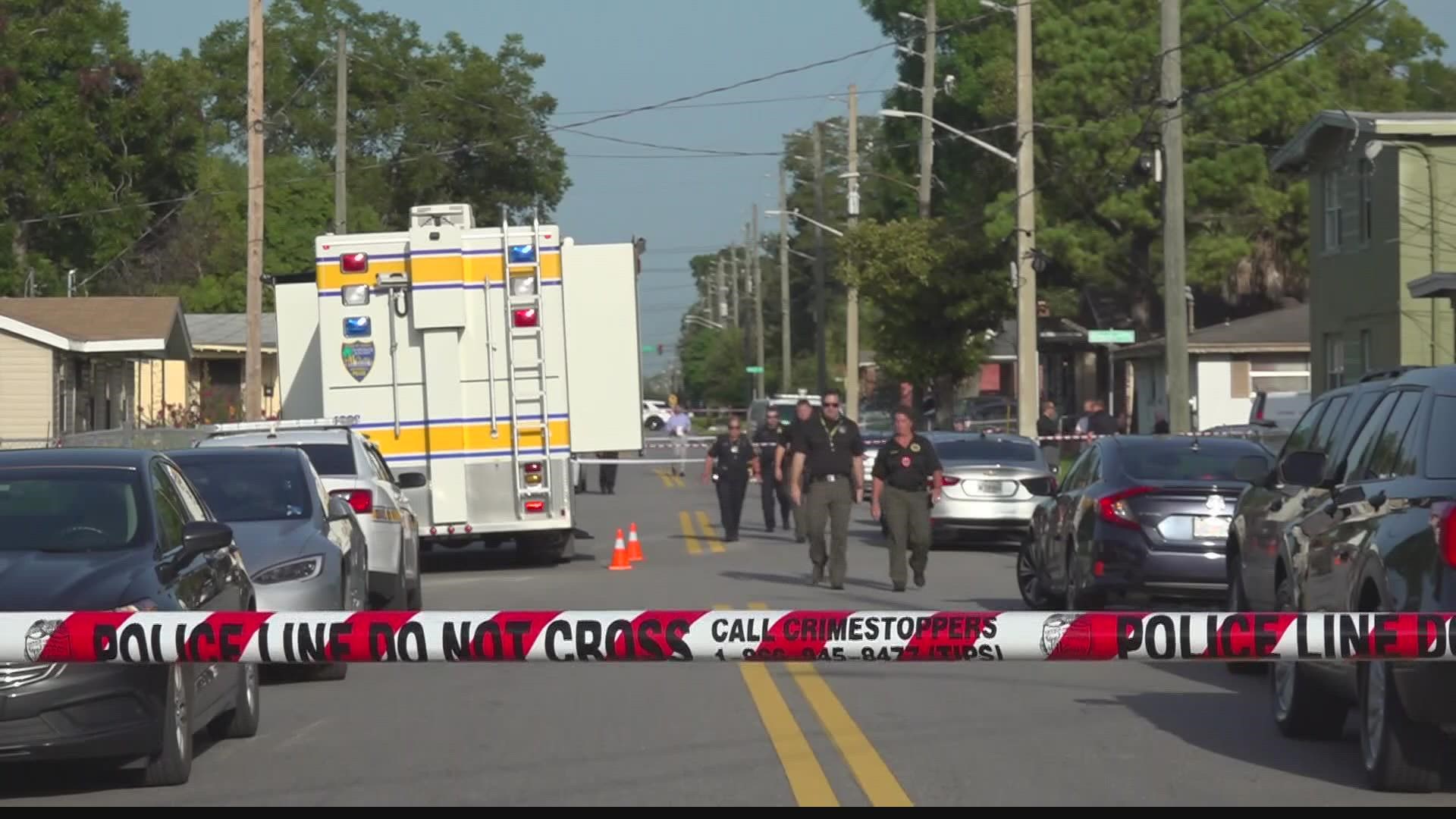JACKSONVILLE, Fla. — A promise to release video of police shootings earned headlines and high praise two years ago but the timeline hasn’t always lived up to that pledge. More than a month after police shot and killed 40-year-old Bobby James Brown in North Jacksonville, that video has still not been released.
The State Attorney’s Office says it hasn’t yet authorized the release of the video because it is working to resolve privacy concerns. Once they sign off on releasing video, the Jacksonville Sheriff’s Office is permitted to release it, as long as they do so in accordance with public records laws.
All records maintained by a public agency in Florida are presumed to be public records unless there is a specific statutory exemption that prevents disclosure.
"If there's going to be some type of criminal charges imposed on the officers, it may delay that,” Crime and Safety Expert Mark Baughman said.
Before body camera footage in an officer-involved shooting can be released, First Coast News Crime and Safety Expert Mark Baughman says certain steps must be taken.
“When you have an officer involved in shootings, the officer usually or has the right according statutorily to look at the body camera footage with their attorney. And then in turn, you have the state attorney's office that's going to review it. And then you have an officer involved in a shooting investigation,” Baughman said.
The video in question is from a July 30th officer-involved shooting on the 2300 block of Grunthal Street. Police say Bobby James Brown barricaded himself inside an apartment bathroom, armed with two kitchen knives and threatened to hurt himself and others. Officers say Brown eventually came out with the knives. At that point, a taser was deployed and one officer fired his gun, killing him.
“The officers may not have the benefit of knowing the mental state of the individual they're dealing with, they just get a call that they have an armed individual threatening people with a knife and they don't know anything else,” Baughman said.
JSO says mental health experts typically respond but were not available on the weekend.
“When you get that kind of call, you immediately think is this person, maybe on some type of substance mind altering substance from drugs or are they actually dealing with something in a mental health way?” Baughman added.
Officer-involved shootings are investigated by both JSO and the State Attorney’s Office and Baughman says at times a 30-day time frame is not realistic.
“The investigation has to be thoroughly done to make sure that the officer wanted to use deadly force or they didn’t,” Baughman said.
An online obituary dedicated to Brown says he was a maintenance worker who loved working outside. He is survived by his parents and daughter. No officers were injured in the shooting and the officer involved was placed on administrative leave while the incident is investigated.
Officer Christian Hancock with JSO's public information office released the following statement Thursday:
Body Worn Camera video would be available as a records request through our on-line public records portal at the time it becomes a public record. There are a multitude of factors involved in determining when records become public, if at all, and may be released by a law enforcement agency.
Specifically, BWC video related to an officer involved shooting (as typical in any active criminal investigation) is not immediately considered a public record. These cases are initially active investigations by both JSO as well as the State Attorney’s Office - who is responsible for investigating the criminal portion of the incident. Once the SAO reviews a given case and determines the release of the video would not compromise the investigation, they would advise of such by way of a BWC release letter to JSO. Once this has been received, the information could then be considered a public record and may be requested and released as such with the appropriate redactions required by Florida State Statute.

